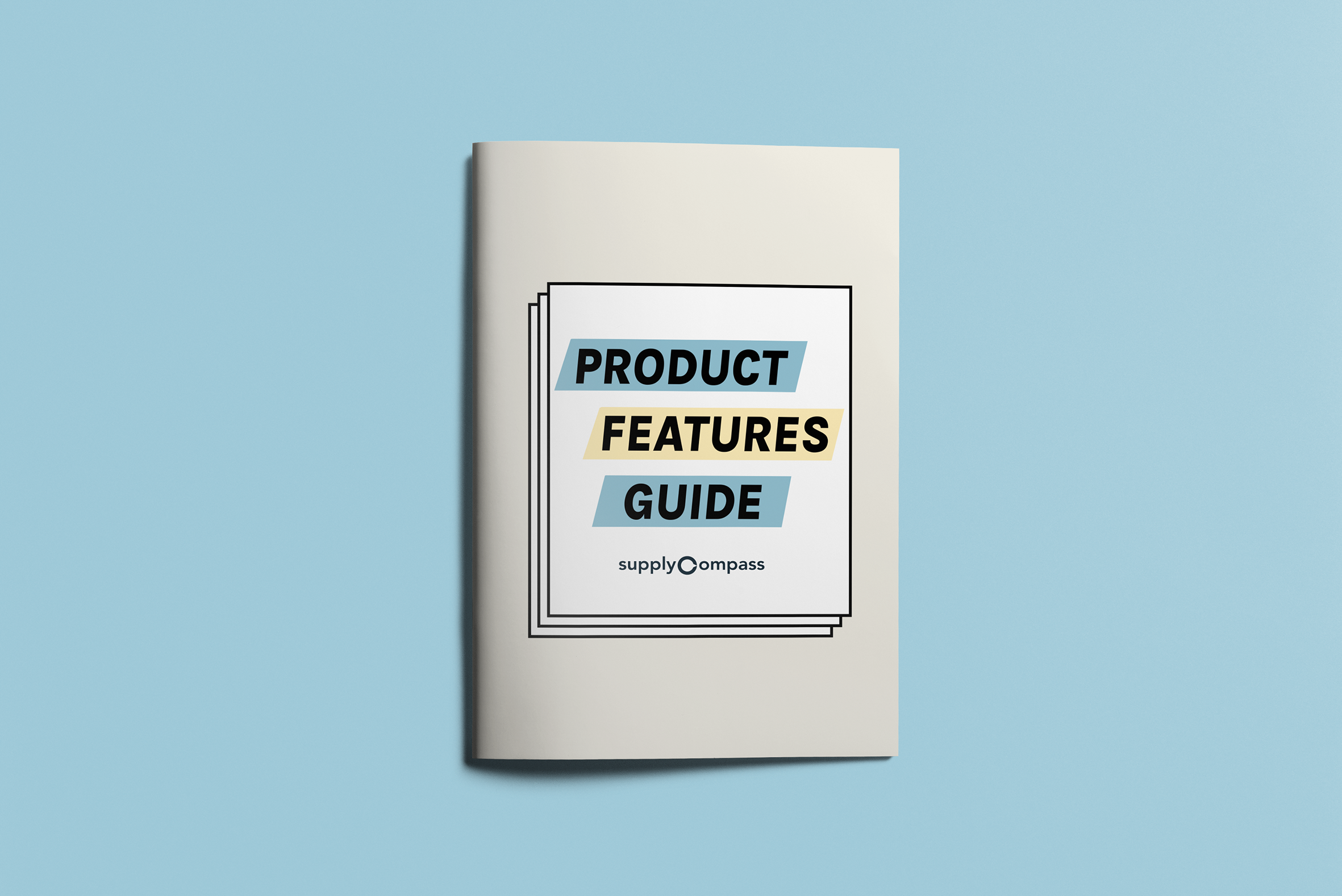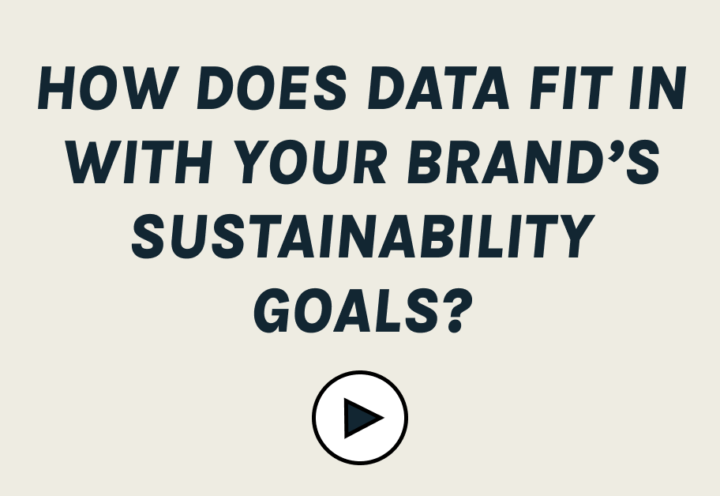
Five Sustainable Fashion Certifications to know about
Header Image Source: SupplyCompass Certifications & Standards Guide
Navigating your way through the complex and saturated world of sustainable fashion certifications isn’t intuitive. For any given aspect of the supply chain, there can be dozens of standards, certifications and audits vying for your attention.
Sustainable Fashion Certifications - Compliance, Standards and Certifications
Standards are technical performance benchmarks and frameworks, developed by bodies of experts. There are mandatory (legally required) and voluntary standards; since we’re discussing certifications right now, we’re focused on voluntary standards. Standards exist for every aspect of operations, and vary incredibly in effectiveness and reputation. In general, the most important categories will be (with some overlap); quality management, social responsibility & ethical practices, and environmental management & sustainability. Suppliers adopt a voluntary standard by operating in compliance to the standard’s criteria. If you want to verify something, chances are there is a sustainable fashion certification to do just that.
Compliance to a standard does not mean that the supplier has been certified to the standard. While a supplier may be operating in legitimate compliance, they may simply be claiming to. The certification process can be expensive, or initially difficult to accomplish, and many small-to-medium suppliers don’t understand the value proposition.
Certification occurs when an accredited independent body (an auditor) verifies that a supplier is in conformance to the appropriate standard. Upon successful verification, the auditor typically issues a certification statement.

Global Organic Textile Standard (GOTS)
Overview
GOTS is the leading textile processing standard for organic fibres. The aim of this standard is to define worldwide, recognised requirements that ensure organic status of textiles – from harvesting of the raw materials, through environmentally and socially responsible manufacturing, and up to labelling in order to provide a credible assurance to the end consumer.
Location
GOTS has certification bodies that certify entities of the textile supply chain and their products. GOTS is comprised of four reputed member organisations, namely OTA (USA), IVN (Germany), Soil Association (UK), and JOCA (Japan), which contribute to GOTS, together with further international stakeholder organisations and experts.
Textile processors and manufacturers are enabled to export their organic fabrics and garments with one certification accepted in all major markets. The standard covers all textiles made from at least 70% certified organic natural fibres, mainly focusing on cotton, wool and silk.
SA8000 Social Accountability International
Overview
This social responsibility standard is a code of conduct verification and factory certification program that enables manufacturers to demonstrate social compliance to buyers.
Largely for apparel, textiles and manufacturing, it is the leading social certification for factories to have. It shows fair treatment of workers and abides by labour provisions within the Universal Declaration of Human Rights and International Labour Organization. It does not have a consumer-facing label.
Location
Social Accountability International (SAI) is based in New York and certifies organisations in 62 countries worldwide
Worldwide Responsible Accredited Production (WRAP)
Overview
WRAP is an independent, objective, non- profit team of global social compliance experts dedicated to promoting safe, lawful, humane and ethical manufacturing around the world through certification and education. WRAP certification is for the factories where goods are made, rather than the end product.
Location
WRAP is based in Virginia, United States, and has certified facilities around the world.
Fairtrade
Overview
A grassroots movement, Fairtrade Foundation is about better prices, decent working conditions, and fair terms of trade for farmers and workers in developing countries around the world. If you meet the social, economic and environmental standards set out by Fairtrade International, you can trade under Fairtrade conditions and display the prestigious Fairtrade Mark on your products.
Fairtrade Foundation works with small farmers, producers, and traders worldwide who meet strict standards. The Mark is only used on products certified in accordance with internationally agreed Fairtrade Standards. This certification aims to empower disadvantaged producers in developing countries by tackling injustice in conventional trade.
Location
The Fairtrade Foundation is an international certification, however, it is headquartered in London, United Kingdom.
B Corp by B Lab
Overview
The B Corp certification is one of the most trusted and coveted, certifying the company’s contribution to creating a sustainable global economy while conducting business with purpose. Using a triple-bottom-line approach to ensuring people, planet and profits go hand-in-hand with business, B Corp is used in over 70 countries by over 3,000 brands.
B Corp certified businesses are expected to meet the rigorous social, environmental, transparency and accountability standards set out for them while working towards healthier jobs and communities for stakeholders throughout the supply chain.
Location
B Lab was founded in Pennsylvania, United States but have teams around the world including Europe, Canada, Australia and New Zealand.
We have rounded up over 30 sustainable fashion supply chain certifications and standards in our free guide.
Gus is CEO of SupplyCompass. He is responsible for driving sustainable growth across the business. He believes that we now live in a world of connected and conscious commerce and that brands and manufacturers are grossly underserved by their current tech stack to change the way they work for the better. He is building SupplyCompass to help brands and manufacturers collaborate more effectively from design through to delivery and embed sustainable practices into their everyday operations.
More on our blog
We’ve launched our comprehensive Product Features Guide!
We’ve just launched The SupplyCompass Product Features Guide. We break down all our 95+ features and sub-features, explaining how you can use them and what makes them tick—so you can understand how SupplyCompass can help SME fashion brands like you.
Right Thing #5 - The name of the game is Agility
In agility, there’s a real emphasis on co-creation, on a cycle of continuous improvement, production and distribution with regular reflections on how to be better by constant fine-tuning and adjusting. Brands and supply chains being agile will, no doubt, be the most successful — and sustainable — organisations of the future.
Here’s how tech enables sustainability
What’s the first thing that comes to mind when you think of sustainability? Data is rarely the answer. Watch/Listen to Co-Founder and Head of Product Flora Davidson explain how technology can enable brands to embed sustainability principles into their business.
Get started with our platform
Read the Right Thing
Subscribe to join sustainability nerds, production gurus and thought leaders from companies like Ganni, Adidas, AllBirds and Finisterre & become part of the 10,000+ community who get The Right Thing—a fortnightly letter straight from our Co-Founder’s desk.



